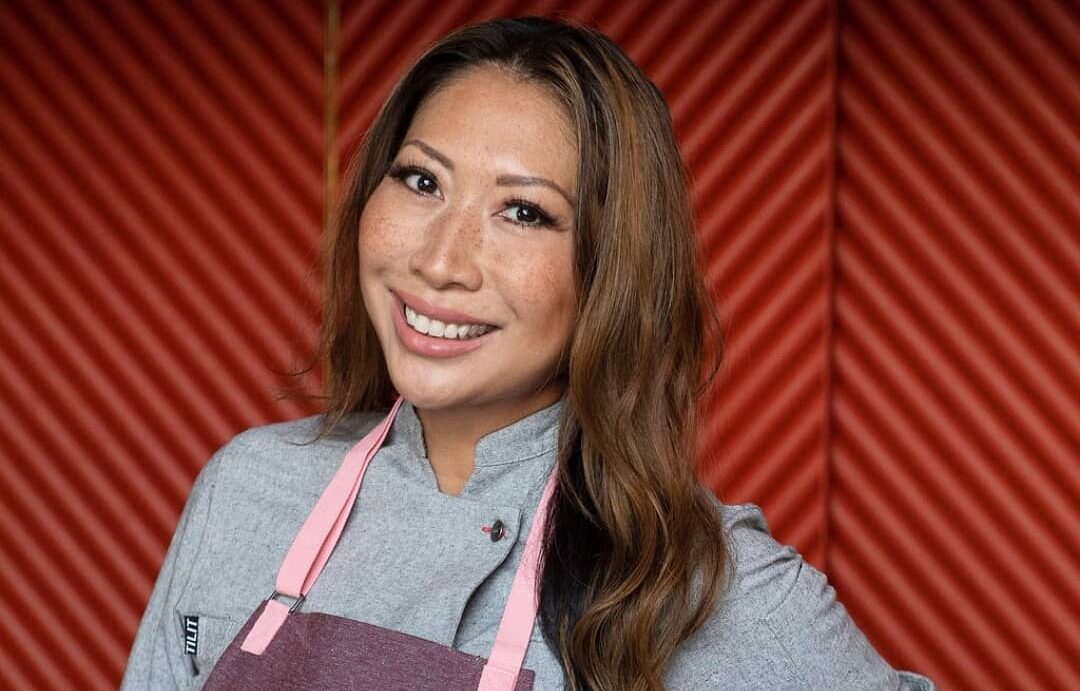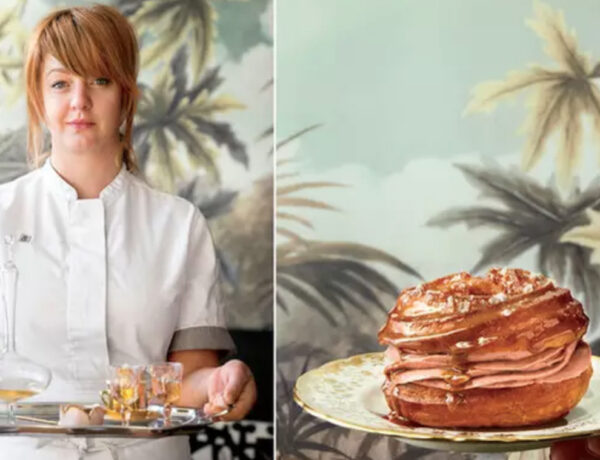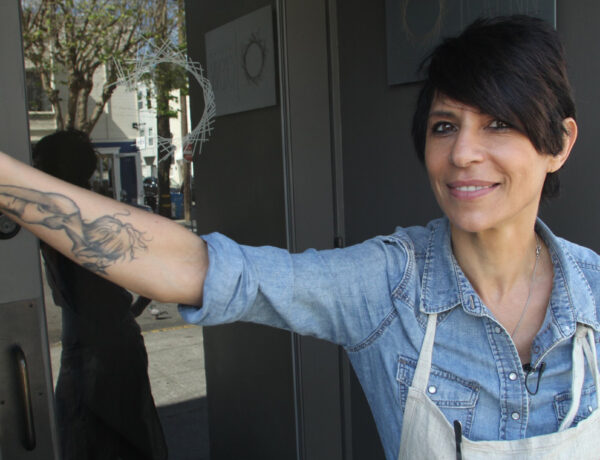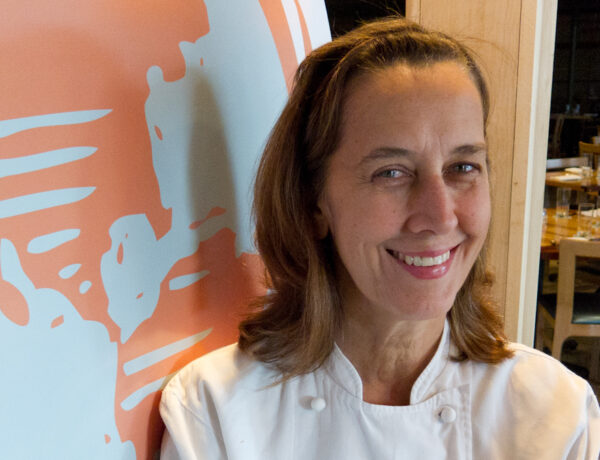In her modeling days, Chef Clarice Lam explored the world while immersing herself into the culture through local food and flavor. But her growing interest and passion for food demanded a career change that led her straight to the kitchen, where she pursued a classic culinary education at some of the word’s finest schools, including Le Cordon Bleu and The French Culinary Institute. Now, as the owner of The Baking Bean and Pastry Chef at Kimika, Chef Clarice is not only able to bring the flavor profiles of her travels into all of her creations, but has learned how to stand up to criticism and
We had the opportunity to chat with Clarice to learn about her career journey, how COVID-19 impacted her business and how she is using her platform to stand up against recent anti-Asian sentiment.
You were in the fashion industry before you became a chef. How did the journey to your career lead you to where you are now?
I have lived all over the world, mostly by myself. Every time I would move somewhere new, I always found the best way to immerse myself into the culture was through food. Paris, specifically, really sparked my interest in pastry.
What advantages, if any, did you experience coming from the fashion industry? What disadvantages did you have to overcome, if any, coming from the fashion industry?
I think being a model and being constantly judged and under scrutiny helped me to develop a thick skin, which is very useful in the kitchen. You learn to not take criticism personally. On the flip side of that, when I first started in kitchens — and was much younger and hotter (haha) — I did feel like people didn’t take me as seriously because of how I looked or if they knew my background.
Was there something unique about your upbringing that could have contributed to how you perceive the workforce and how you approach it?
I am first generation Chinese Canadian American and was raised with a fairly traditional Asian parents mindset. My dad is a total workaholic, and I rarely saw him growing up. I can go into full beast mode and work until I pass out from exhaustion, and I also have the tendency to be a perfectionist and very hard on myself.
What about you — whether it be the heritage you represent or the experiences that you’ve learned from — provides you the vision to do what you do now?
I have always tried to incorporate the cultures and flavor profiles from all the countries I’ve lived in into my food. But as I get older, I find myself really leaning into all the various Asian flavors I had as a kid.
How does food affect your life?
Food is EVERYTHING to me. It’s literally all I think about all day long. It’s my passion.
How do you use your medium to empower yourself and other women in the food industry?
I have been through a lot in my life. I have scoliosis, I have been severely bullied, I have been in abusive relationships, I have terrible anxiety, I have been racially discriminated against. I was a model and that’s a whole other set of issues. But yeah, I can only speak on my own experiences, and I think speaking out about it lets others who may be able to relate know they are not alone.
What do you feel could be the drawbacks of the push for gender equality and race/ethnic equality?
I am all about gender and racial equality. But I have to admit, I also loathe being a token. A token Asian or a token female, because I don’t want my identity to be diminished to only my race or gender. In other words, I personally would not want to get a job or succeed only because I am either of those things.
I don’t want my identity to be diminished to only my race or gender.
How have the effects of COVID-19 impacted your business at The Baking Bean?
I shut down The Baking Bean when COVID hit. We are still closed now, and I honestly have no idea when I will open back up. The Baking Bean operated out of a shared kitchen space, and I did not feel comfortable working or making others work in an environment I did not have full control over. It is also not financially beneficial for me to operate unless NYC is fully open. That being said, I did take on another project last summer and helped open up Kimika as their pastry chef.
The recent shootings of six Asian Women in Atlanta has catalyzed a bigger push for the recognition of the rise of anti-Asian hate crimes in the past year. Have you experienced any anti-Asian sentiment within this past year? If so, how have you addressed it?
Being a model before, I have experienced anti-Asian sentiment, discrimination and stereotyping for pretty much my whole life on almost a daily basis. In the past year, though, it has definitely gotten much worse. I have been intentionally shoved off my bicycle. I do not feel safe to go out. I am terrified for my parents.
I am completely disgusted that it took so long for mainstream media and the public to acknowledge that racism against Asians is a real thing. I try to speak up about it and raise awareness through my social media and bake sales for charity.
As our country is going through a racial reckoning, how do you see the food industry (if it does) make an impact toward communities of color and specifically, toward women of color?
Well, I have been seeing a lot of BIPOC- and women-owned businesses being highlighted this year, so that’s good.
Have you taken any actions for yourself that may give our readers inspiration for a sustainable approach to succeeding in our industry? What are you most excited about when it comes to the future of the foodservice industry specifically?
I try to live my life with no regrets. Some people call it risky, I just call it doing what I have to do. I think if you are truly passionate about something, have done your research, are responsible and have the means, you should just go after what you want, and worry about the “what ifs” later. As far as the future of the food service industry, I am just hopeful that it will be able to bounce back and maybe even stronger than before the pandemic.
I think if you are truly passionate about something, have done your research, are responsible and have the means, you should just go after what you want, and worry about the “what ifs” later.





